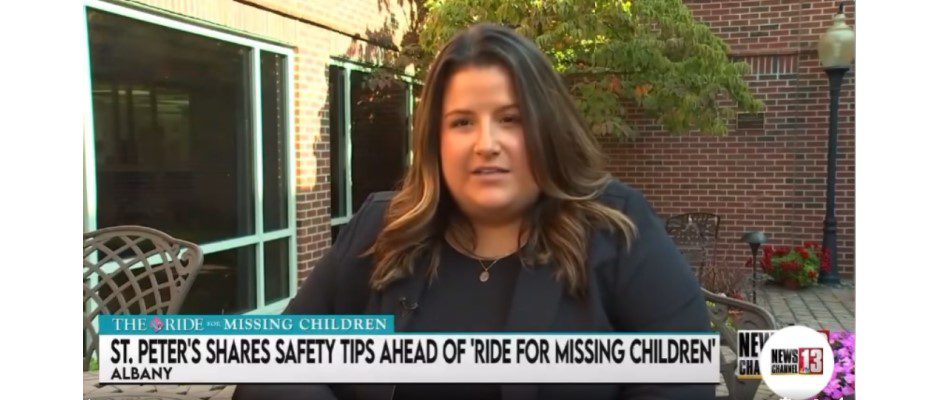
[This article was written by Marissa A. Pascarella, MHC, a therapist with St. Peter’s Crime Victim Services.]
What does it mean to be a trauma survivor? A survivor is one who has lived through a traumatic event. And the process of identifying as a survivor is a unique experience for every individual.
Some may begin to identify as a survivor soon after a traumatic event has occurred. For others, it may take years before they identify as a survivor. Some may go their whole life without ever really understanding what happened to them. Recognition and identification of what it means to be a survivor is an emotionally demanding process and one that deserves ample support.
So, when is it a good time for survivors to seek help? While there is no specific time in one’s recovery to seek professional help, there are some suggestions to be mindful of when making the decision.
First, one must decide if they are ready to confront and process what happened to them. Many survivors have repressed traumatic memories for a long time, and confronting their experience may seem daunting.
Second, one must decide if they have the necessary support to be able to confront and process their trauma. Diving into this is a big task, but one thing that makes it easier is having a healthy support system to fall back on throughout the process.
Third, one must choose an appropriate provider to assist them in working through their traumatic experience(s). Having a good relationship with a provider is essential when seeking help.
It is important to be mindful that, through all these steps, the survivor is the guide. The pace at which things move should be in their hands. However fast or slow they choose to process things is up to them and only them.
There are many different therapeutic approaches to working with trauma survivors. According to PsychCentral.com, some of the best approaches to help with trauma include trauma-focused cognitive behavioral therapy, eye movement desensitization and reprocessing (EMDR) therapy, narrative therapy, and psychodynamic therapy. It might be useful for individuals to seek out a practice or provider who specializes in trauma-focused work.
Here at St. Peter’s Crime Victims Services (SPCVS), our Support and Advocacy Program has therapists that provide trauma therapy to victims of sexual assault, physical assault, domestic violence, and other violent crimes. Survivors can seek short-term support through our 24-hour hotline at 518-271-3257, where we offer emotional support as well as in-person medical and legal advocacy.
For those interested in continued support, we have counselors and therapists that are trained to use a trauma-informed approach while working with survivors. We also offer a variety of group counseling options which provide a safe space for those who have endured similar experiences to work collectively towards their healing journey. If you are interested in these programs, please contact our intake line at 518-271-3410.
National Crime Victims’ Rights Week begins this Sunday, April 24, and runs through April 30. If you or anyone you know identifies as a survivor and may be interested in receiving any of our services, we encourage you to call the numbers above or visit our website at sphp.com/crimevictimservices. It is never too late to seek help.





